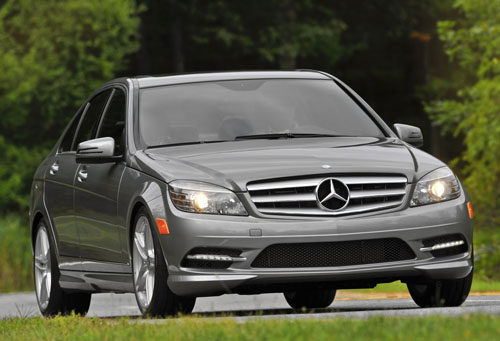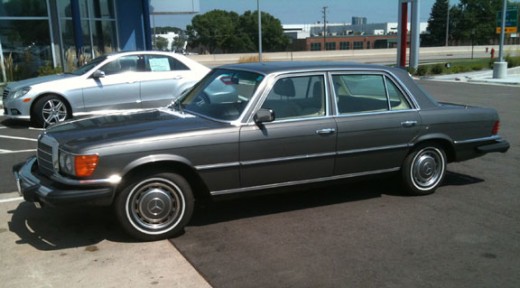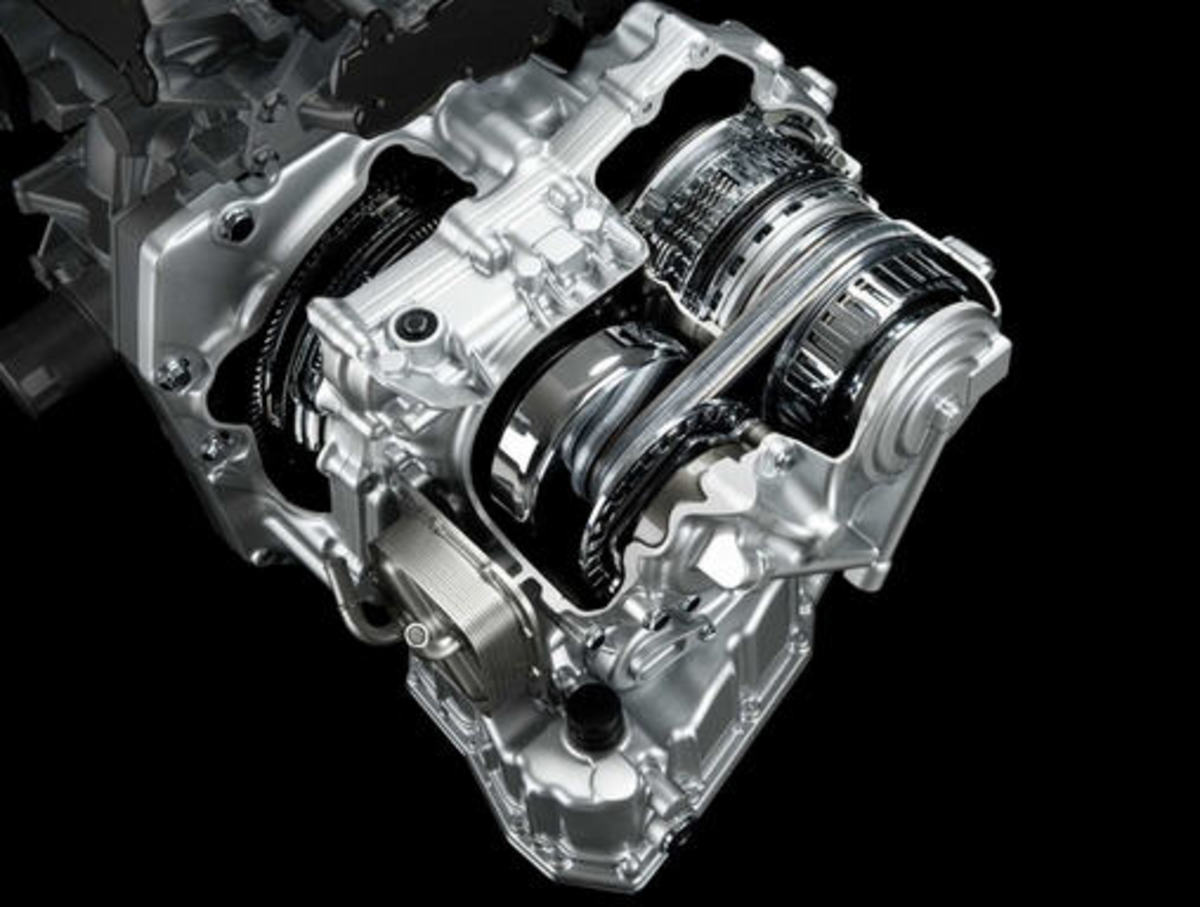Should I Lease or Buy my Next New Car?
A good question, and one that everyone should ask themselves before they decide to get strapped into a new car loan. Leasing is right for some people, it’s not right for others. Check your preconceived notions about auto leasing at the door and read on, we’ll analyze your past vehicle ownership history, how you use your vehicle, factor in your financial goals and figure out whether you should lease or buy your next vehicle.

To keep things very simple, here are some things to think about…
You should lease if:
You plan to keep your vehicle for less than 5 years
You like your vehicle to always be covered by manufacturer’s warranty
You hate trading in your car and not getting very much for it
You should buy if:
You keep your vehicles and drive them until the wheels fall off
You keep up with vehicle maintenance and don’t mind paying for it
Some people believe that they aren’t good lease candidates because they ‘drive too many miles’. 12,000 miles is about average mileage. Some people drive 10,000 others 15,000. Each manufacturer is different, but you can always ‘buy more miles’ in the beginning if you think you’ll need them. Don’t get hung up thinking you’ll have to park the car if you get close to your mileage limit. If you’re not sure how many miles you’ll need error on the side of more than less. You wouldn’t want to buy a car and trade it in with high miles because you were afraid to go over the mile limit on a lease, your trade value would be worse than it would have been anyway.

How long do you normally keep your cars?
This is probably the single most important question when considering whether to lease or buy a vehicle. Quite simply, if you plan to change cars within 4, even 5 years of the purchase and get a new one, you should probably be leasing.
Imagine, you decide to buy a new car and you finance it over 60 months, 5 years. Three years into that purchase you decide you want to get a new car, maybe you want to get out of your sedan and into a crossover, or you need something with all wheel drive, whatever. You go to the dealer to trade in your current vehicle. You’ve made three years of payments, you’ve got two years of payments left, you still owe money on the car. This is where it gets tough for you financially.
In 99 out of 100 cases the trade in value of your car will be less than what you owe, your payoff. So you can either wrap that negative equity into the new vehicle, essentially adding that amount to the new car’s price and continuing to pay for it or you can write a check and pay the car off. Either way, you’re upside down in your trade in and you’ve got to come up with the difference to move forward. Cars, and especially SUVs depreciate so quickly that unless you put a huge down payment on your car when you bought it, lowering the loan amount, chances are you’ll be upside down.
All you have to do is look at a used car lot. Look at high end used cars. Many people believe that higher end cars like Mercedes-Benz hold their value well or have a high resale value. They’re no different than any other kind of car. A two year old used Mercedes-Benz sedan with less than 40,000 miles is roughly half the price of a brand new one. So if you trade in after a couple of years imagine what your trade in value will be?
If you lease, sure, you always have a payment, but if you’re the kind of person who likes a new car every few years you’re going to have a payment all the time anyway. If you’re a cash buyer, be prepared to eat all the depreciation of the vehicle you’re trading in. Sure, you own it, but if you buy a $40,000 car with cash and trade it in after two years for $25,000 (yes, even if it’s in ‘excellent’ condition) you paid $635 a month in depreciation to own that car, not a great investment.
This is why you should lease unless you buy them and keep them forever, driving them for years after you’re done with the payments… to really get your money out of it.

How do you feel about maintenance?
When you lease a car under normal circumstances chances are the car will be under the manufacturer’s warranty for the entire lease period. All you will have to pay for will be routine maintenance, oil changes, and the like. Some manufacturers include ‘free’ maintenance packages with leases. Of course we all know there is no such thing as free, you’re paying for it somewhere, just keep that in mind when cross shopping different brands, so you know you’re comparing apples to apples.
When you buy a car that you plan to keep you should buy the extended warranty, sure, negotiate the price, work to get a deal, but get the extended warranty if you know you’re going to keep the car. Keep up with maintenance while the car is under warranty, when it’s about to go out of warranty take it in and have them comb over it and fix everything that can be fixed under warranty and then keep up a good routine maintenance regime to keep your now out of warranty car in good running condition for years to come. You won’t have a car payment per se, but create a budget for annual maintenance, and break it down monthly, pretend that’s your ‘car payment’.
Depreciating Assets
Vehicles are depreciating assets. When you lease you’re
essentially paying the depreciation of that vehicle. Yes, you will always have
a car payment, but you will never have negative equity in your vehicle. You
will never have to trade your car in for less than you think its worth. You
hand the keys over when you’re done and get something else.
We’ll explore the
actual mechanics of putting a lease together, the factors, the variables, how
to negotiate and what’s important during the transaction in an upcoming hub
soon.
Read more at Dave’s Blog: Dave Knows Cars





